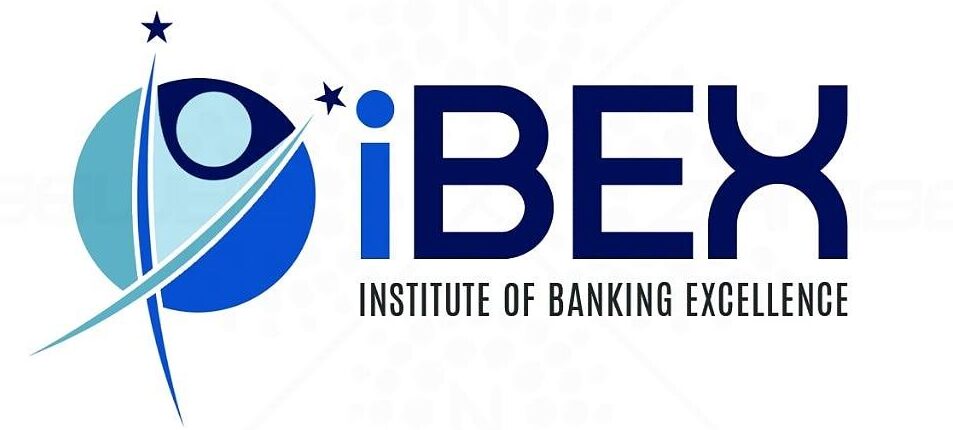MONETARY POLICY STATEMENT, 2024-25 AUGUST 2024
On the basis of an assessment of the current and evolving macroeconomic situation, the Monetary Policy Committee (MPC) at its meeting on August 8, 2024 decided to:
- Keep the policy repo rate under the liquidity adjustment facility (LAF) unchanged at 6.50 per cent.
- Consequently, the standing deposit facility (SDF) rate remains unchanged at 6.25 per cent and the marginal standing facility (MSF) rate and the Bank Rate at 6.75 per cent.
The MPC also decided to remain focused on withdrawal of accommodation to ensure that inflation progressively aligns to the target, while supporting growth.
These decisions are in consonance with the objective of achieving the medium-term target for consumer price index (CPI) inflation of 4 per cent within a band of +/- 2 per cent, while supporting growth.
Statements on Development and Regulatory Policies
Public Repository of Digital Lending Apps:
The Digital Lending Apps are being used for misseling by unsucrupulous players and customers are getting duped. In order to aid the customers in verifying the claim of Digital Lending App’s (DLAs) association with REs, Reserve Bank is creating a public repository of DLAs deployed by the REs which will be available on RBI’s website. The repository will be based on data submitted by the REs (without any intervention by RBI) directly to the repository and will get updated as and when the REs report the details, i.e., addition of new DLAs or deletion of any existing DLA. Detailed instructions in this regard shall be issued shortly.
Frequency of Reporting of Credit Information to Credit Information Companies
The credit institutions are mandated to submit information to CICs on monthly or lesser intervals. The RBI has now mandated that information shall now be submitted on fortnighlty or lesser intervals.
Enhancing Transaction Limits for Tax Payments through UPI
Limit for tax payments through UPI has been enahnced from current Rs. 1.00 lakh to Rs. 5.00 lakh.
Continuous Clearing of Cheques under Cheque Truncation System (CTS)
Cheque Truncation System (CTS) currently processes cheques with a clearing cycle of up to two working days. To improve the efficiency of cheque clearing and reduce settlement risk for participants, and to enhance customer experience, it is proposed to transition CTS from the current approach of batch processing to continuous clearing with ‘on-realisation-settlement’. Cheques will be scanned, presented, and passed in a few hours and on a continuous basis during business hours. The clearing cycle will reduce from the present T+1 days to a few hours. Detailed guidelines in this regard shall be issued shortly.
Statements Issued vide June 2024 MPC on Development and Regulatory Policies
1. Review of Bulk Limits: Rs. 3.00 Cr for SCBs excluding RRBs. For RRBs and LABs – Rs.1 Cr
2. Setting up a Digital Payments Intelligence Platform: The Reserve Bank, over the years, has undertaken a number of measures for the safety and security of digital payments to maintain public confidence in digital payment systems and to minimize the incidence of frauds. Many frauds occur by influencing unsuspecting victims to make the payment or share credentials.
To further strengthen the ecosystem so as to minimize the frauds, RBI has set up a Digital Payments Intelligence Platform which will harness advanced technologies to mitigate payment fraud risks. To take this initiative forward, the Reserve Bank has constituted a committee (Chairman: Shri A.P. Hota, former MD & CEO, NPCI) to examine various aspects of setting up a digital public infrastructure for Digital Payments Intelligence Platform. The Committee is expected to give its recommendations within two months.
3. Inclusion of Recurring payments under e mandate framework: The payments, such as replenishment of balances in Fastag, NCMC, etc. which are recurring in nature but without any fixed periodicity, as such they are being brought into the e-mandate framework. Under the e-mandate framework, it is proposed to introduce an automatic replenishment facility for such payments. The automatic replenishment will be triggered when the balance in Fastag or NCMC falls below a threshold amount set by the customer. 4. Introducing auto-replenishment of UPI Lite wallet – The UPI Lite facility currently allows a customer to load his UPI Lite wallet upto ₹2000/- and make payments upto ₹500/- from the wallet. In order to enable the customers to use the UPI Lite seamlessly, and based on the feedback received from various stakeholders, it is proposed to bring UPI Lite within the ambit of the e-mandate framework by introducing an auto-replenishment facility for loading the UPI Lite wallet by the customer, if the balance goes below a threshold amount set by him/her.
